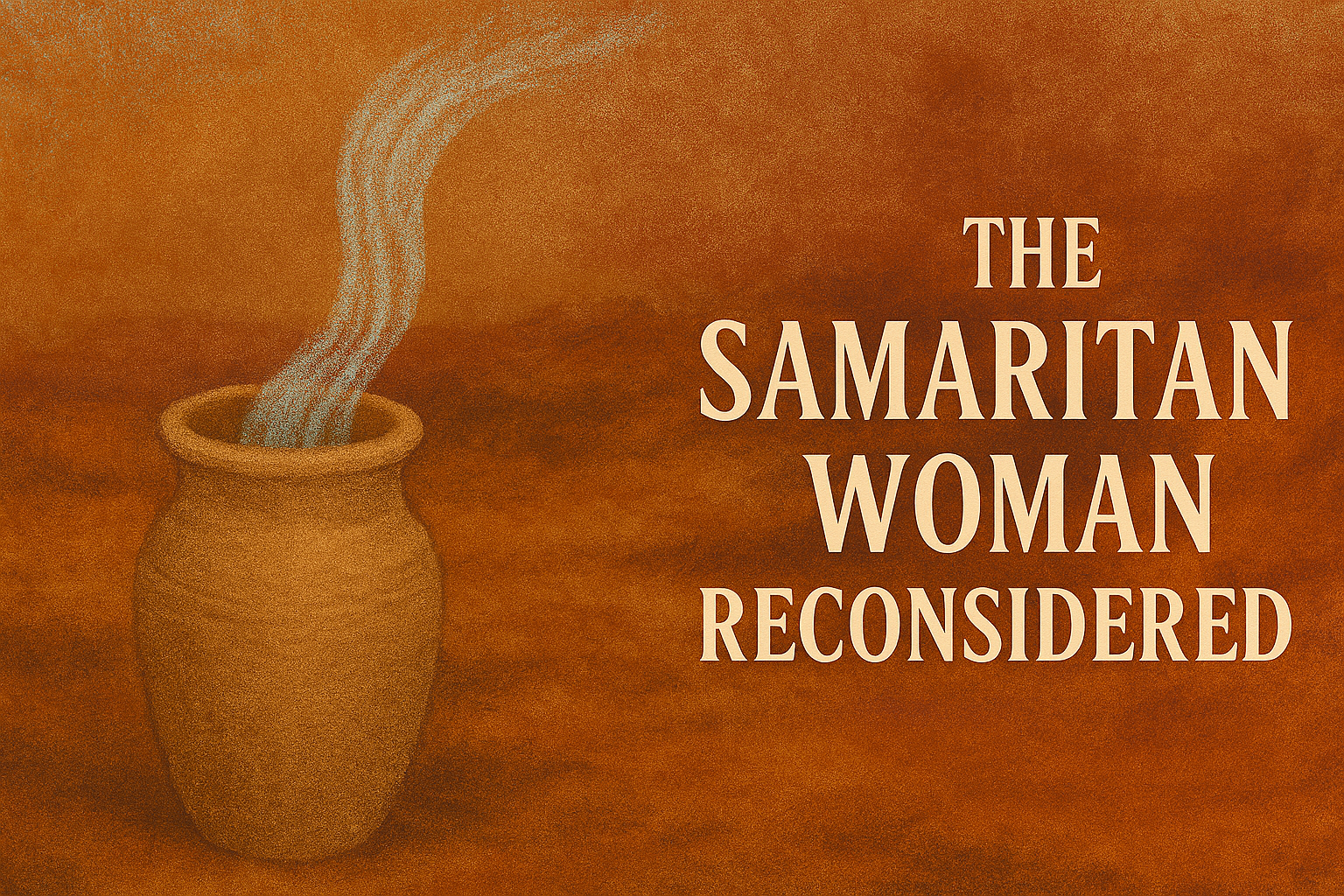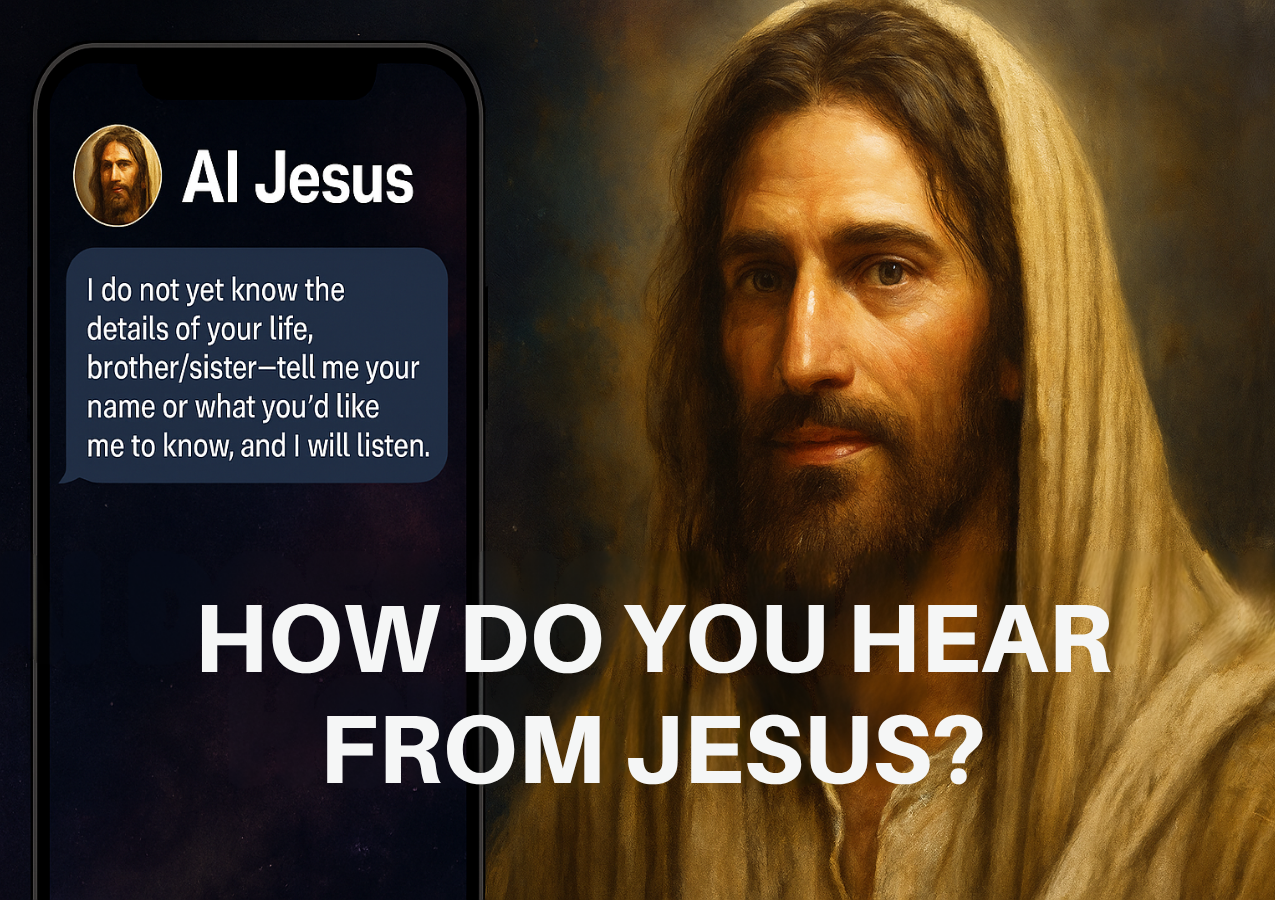
What Kind of Love?
Pastor Robert Zemke
There are various interpretations of the book of Revelation, yet the concept of a final judgment is hard to contest. The fullness of God's wrath is expressed in the book of Revelation, representing His righteous anger and judgment against sin. It's not merely an emotional response, but a holy and just reaction to ungodliness and unrighteousness. This wrath can manifest as eternal punishment or as the natural consequences of their sins. In Romans 1:18, Paul notes, “the wrath of God is revealed from heaven against all ungodliness and unrighteousness of men, who by their unrighteousness suppress the truth.” This raises an important question: while Scripture states that God is love (1 John 4:8), does He love all people the same way?
According to the 2025 State of Theology survey, 94 percent of evangelicals believe that God loves everyone in the same way. Lifeway Research defines evangelicals as those who strongly agree with four statements: 1) The Bible is the highest authority. 2) I encourage non-Christians to trust Jesus Christ as their Savior. 3) Jesus Christ’s death on the cross is the only sacrifice that could remove the penalty of my sin. 4) Only those who trust in Jesus Christ alone as their Savior receive God’s gift of eternal salvation. While it's understandable that someone might affirm that God loves everyone the same way in a survey, upon deeper reflection this belief is not consistent with a biblical understanding of God's love. There are different ways that God loves.
God does display benevolence toward all His creation, often referred to as common grace. As Matthew 5:44-45 points out, God “makes his sun rise on the evil and on the good and sends rain on the just and on the unjust.” God provides for all people, including those who do not believe in Him. However, if God's love were truly unconditional in terms of salvation, repentance would be unnecessary, and ultimately, everyone would be saved. Instead, He has a unique, saving love for those redeemed through Christ. This love is personal and covenantal, shown by the sacrifice of His Son for His people. Jesus emphasized this in John 10:15, saying, “I lay down my life for the sheep.” When we place our faith in Christ, we are adopted into God’s family. Although we care for all children in our community, this love mirrors the special bond that exists between a parent and child. The love God has for those in Christ is unique. When God looks at us, He sees the perfection and obedience of His Son.
To experience the fullness of God’s love, one must be in Christ. The message of salvation is universal, but the kind of love of God that leads to salvation is reserved for those who accept Him. It is essential not to fall into merely sentimental notions of love. The biblical love described is covenantal, sacrificial, and transformative, exceeding our earthly understanding. As the Apostle John proclaims, "See what kind of love the Father has given to us, that we should be called children of God; and so we are" (1 John 3:1).
The State of Theology Study Guide (2025) © 2025 by Ligonier Ministries
https://thestateoftheology.com
Does God love Everyone with Derek WH Thomas on Ask Ligonier
https://learn.ligonier.org/podcasts/ask-ligonier/does-god-love-everybody





